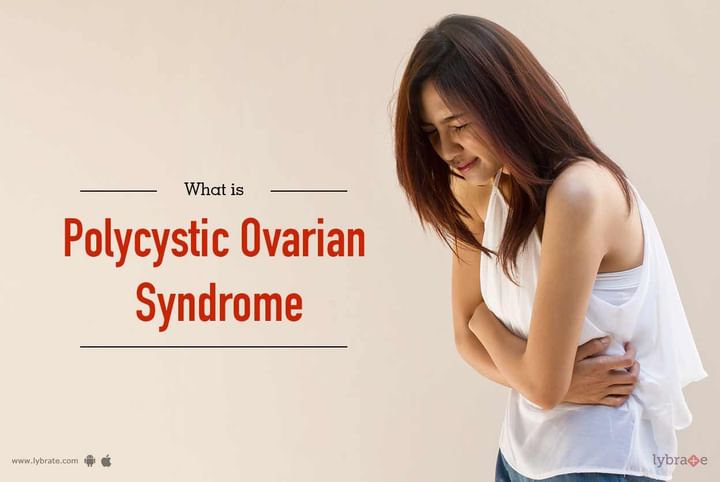What is Polycystic Ovarian Syndrome?
Polycystic ovarian syndrome or PCOS is a condition in which a woman experiences fluctuation of hormone levels, estrogen, and progesterone which causes cysts in her ovaries, dysfunctional menstrual cycle, cardiac problem, fertility and changes in appearance. Hormones are chemical messengers that can trigger a number of issues in the body. Long term problems due to PCOS can be avoided with an early diagnosis and a proper treatment.
Causes
- Genetics and hormonal imbalance have been identified as the main causes of PCOS although the exact reason has not been discovered.
- Overproduction of androgen, a male hormone in a woman can cause small lumps in the ovaries, irregular development of eggs and abnormal insulin level.
Symptoms
The severity of the symptoms depends on the constitution of the person but the most common one is irregular periods. PCOS occurs when there is a decrease in sex hormones which can lead to the development of certain male features like:
- Deeper voice
- Growth of hair on face, toes, stomach, chest and back
- Reduction in breast size
- Loss and thinning of hair
There are other symptoms as well which can help one to determine the syndrome including:
- Oily skin leading to acne
- Irregular egg formation causing fertility problems and miscarriages
- Depression, anxiety and mood swings
- Hyperinsulinemia, that refers to the presence of too much insulin in the body which can cause obesity
- Difficulty in breathing while sleeping
The severity of the symptoms varies but if you are experiencing any of these problems, it is advisable to seek a professional consultation. A healthy lifestyle, regular exercise, nutritious diets are some of the preventive measures you can take. There are hormone regulating medicines and treatments that attempt to curb the condition but there is no permanent cure.



+1.svg)
